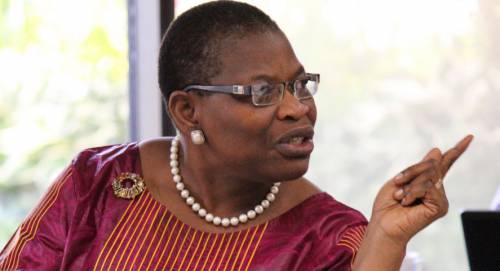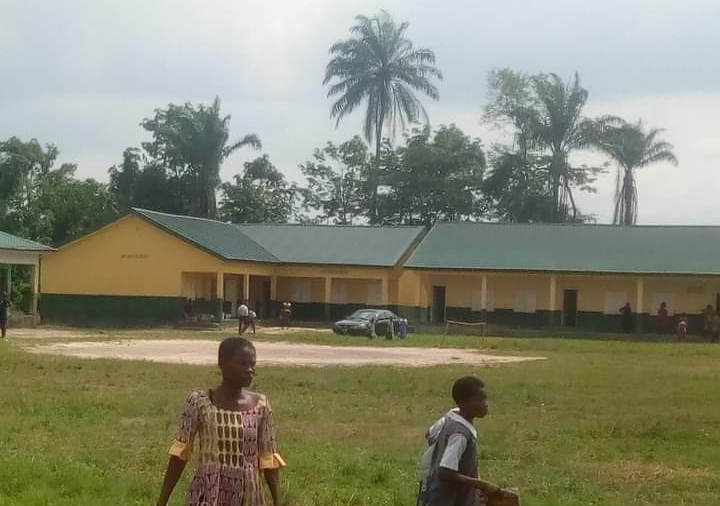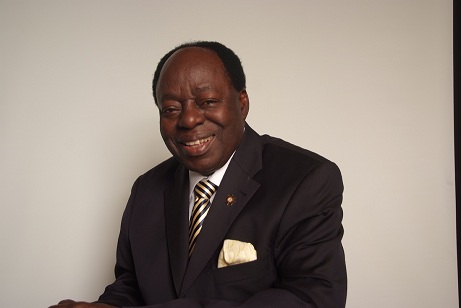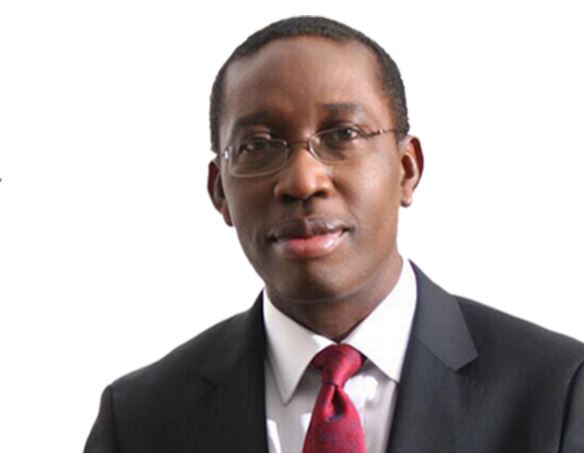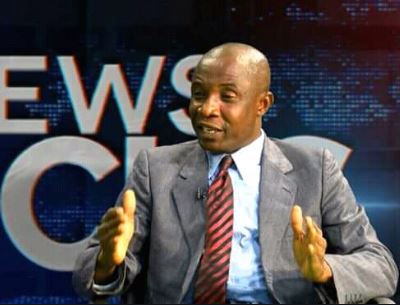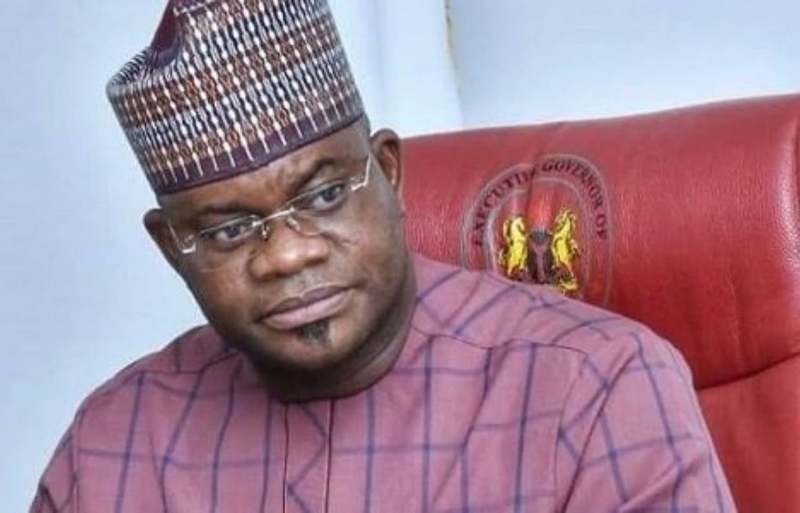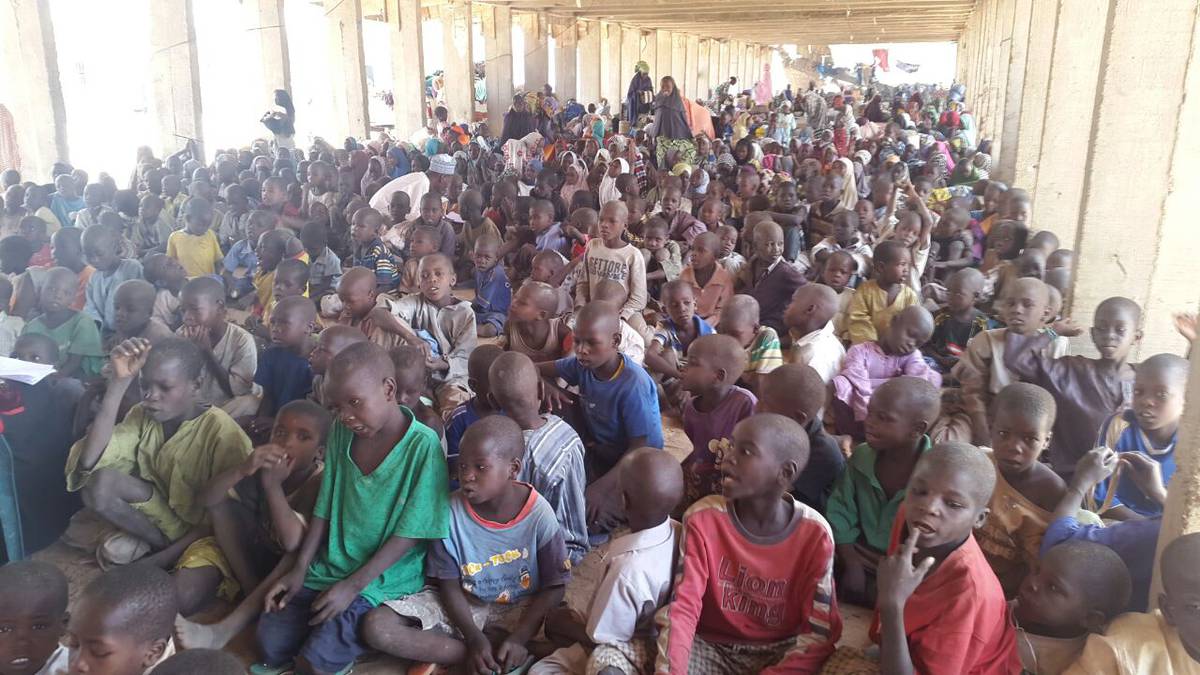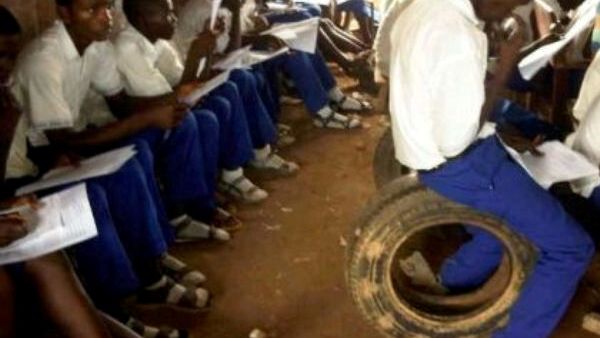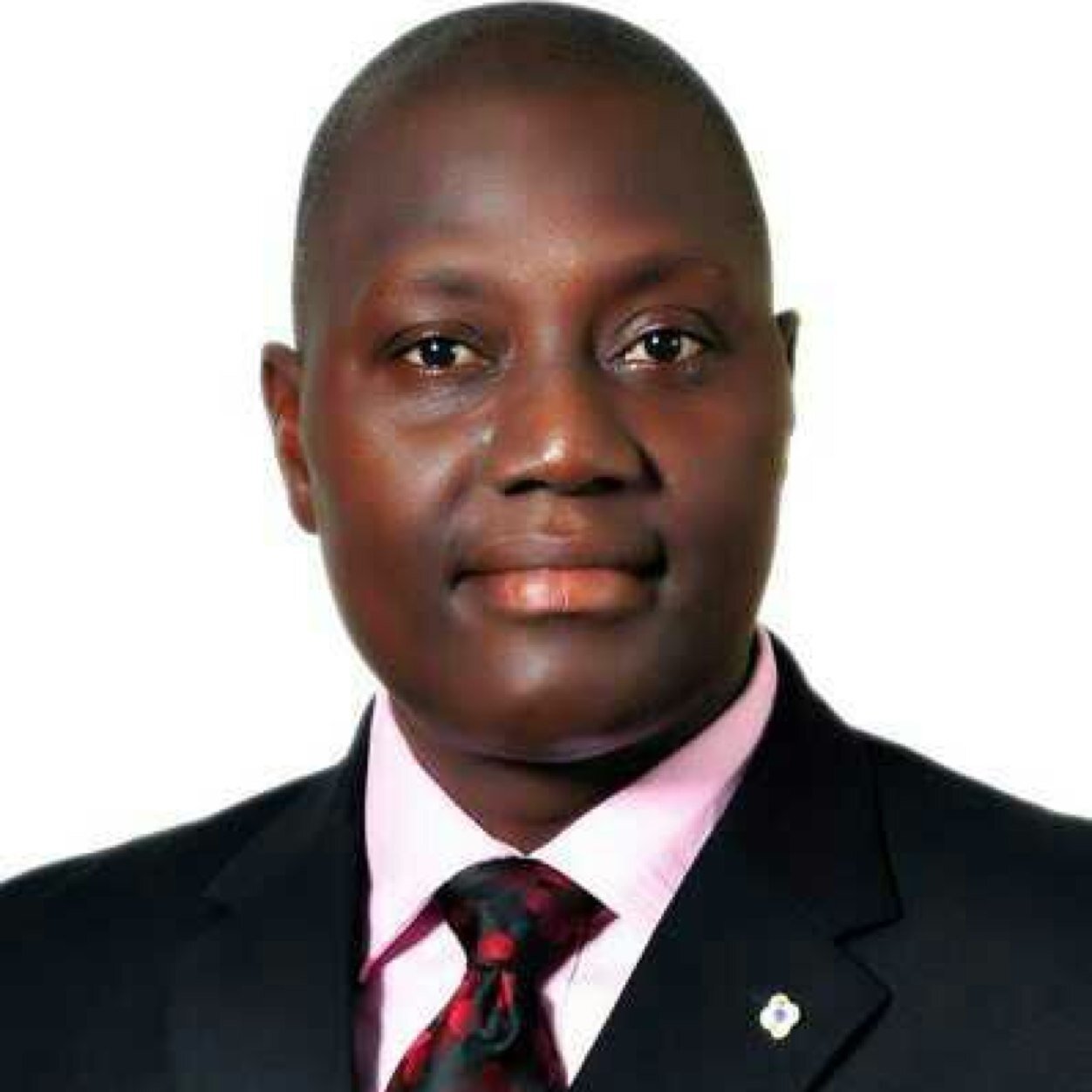By Owei Lakemfa.
GROWING up in the Nigeria of the 1960s and ’70s, there were things that were unpleasant or dreaded by the populace. One is going to the police station. It was usually not a pleasant experience as both the accused and the complainant believe they have to part with some money. It was like walking into a pit with eyes wide open.
There was a belief that although the police said it was your friend, it was better to befriend your sworn enemy than be friends with the police. The popular saying in Lagos was that being friends with the police is the beginning of your suffering. What was worse was if the case that took you to the police station is charged to court. The courts, like the police, were instruments of oppression in the hands of the colonial masters and avoiding both was the beginning of wisdom. It was said that no two siblings went to court and returned as friends. The Yorubas likened the courts to a cock that eats money rather than corn.
However, while the populace rated the police as bad and the courts worse, the prisons were regarded as the worst. They make it a prayer point that neither they nor anybody related to them should ever go to prison. In fact, people prayed that they should never step in the prison vicinity for whatever reason throughout their lives.
As we know, those in prison are human beings who in fact are mainly in need of rehabilitation. Hence, our prisons have been renamed correctional centres. The Joint Admissions and Matriculation Board, JAMB, that conducts examination for admission into all the country’s tertiary institutions, agrees with the philosophy that there is life after or beyond the prison walls. Hence, it decided to conduct the Unified Tertiary Matriculation Examination, UTME, in correctional facilities.
At the June 16 virtual 2020 policy meeting with all heads of tertiary institutions in the country, JAMB Registrar, Professor Is-haq Olarewaju Oloyede, made the shocking revelation that non-prisoners took the examination at the Kaduna Correctional Centre! As part of its programme of encouraging prisoners to reintegrate back into society, JAMB encourages prisoners with minimum university entry qualifications and scheduled to be released by the time the new school session starts, to take the entrance examinations. It also has an agreement with vice chancellors to give the Correctional Service candidates, the blind and the deaf, admission waivers, provided they meet the minimum qualification standards.
So, it had centres in the correctional facilities in Lagos and Ilorin. Then the Kaduna facility applied for its own centre which was granted. JAMB, however, became suspicious over the years when Lagos with the highest number of inmates in the country continued to have an average 15 candidates for the examinations, while Kaduna started recording 50, then 150 and in the last examinations, up to 300 candidates. In trying to understand this phenomenon, the JAMB Director of Tests Administration, Dr. Yusuf Lawal, led a team on an unscheduled visit to the Kaduna Correctional JAMB centre during this year’s examination.
When the candidates came into the centre for the examinations, he called one and asked him his prison number. The man didn’t have because he was not a prisoner! The next person had never been to a prison before! The JAMB team discovered that over 90 percent of the candidates were neither prisoners nor have they ever been to prison before! So it was a racket by people who might be collecting fees or using the centre to gain admission for their wards or favoured candidates. So, to secure an advantage in the tertiary institutions admission process, there were hundreds of youths pretending to be prisoners!
The reaction of JAMB was to withhold the results of all the candidates of the Kaduna facility until the Nigeria Correctional Services authenticates which of the candidates are actual prisoners. As at the Policy Meeting last week, JAMB said it was awaiting the Services response.
Meanwhile, the special admission programme for blind candidates is going on smoothly. In the 2014 session, 44 blind students were admitted into our tertiary institutions, 72 in 2015, 142 the following year, 145 in 2017; 156 and 182 in the 2018 and 2019 sessions. Given the type of desperation displayed in the Kaduna Correctional Services case, I will not be surprised if some candidates start declaring themselves partially sighted or blind in order to beat the admission system.
However, it is not only candidates or bodies outside the education system that have tried to outsmart the system. The Policy Meeting also revealed admission abuses by some tertiary institutions in the 2019/2020 Session. For instance, in the University of Ibadan, UI, a female candidate scored 242 in the UTME and 72 in the post-UTME examinations giving her a total score of 66.2. She was quite qualified to read her Human Nutrition choice but was told her score was too low, so she had to change to Agric Extention only to discover that candidates with lower aggregate scores were admitted to read Human Nutrition. In a second UI case, Sani Abdul-Rahman Olarenwaju scored 263 in the UTME, was qualified to read his choice, Economics, but was misinformed he was not, and had to transfer to Adult Education.
Thomas Goodness Shekwobyalo wanted to read Medicine in the Ahmadu Bello University, ABU, Zaria. She met the requirements but was given the false impression she did not meet the cut-off point, and had to change to Anatomy. When this was revealed, JAMB insisted ABU must offer her admission to read Medicine. Musa Ishaq applied to the Air Force Institute of Technology, AFIT, to read Cyber Security but was told his score was too low; so he changed to Physics only to discover he was actually qualified to read his choice course.
The Nigeria Police Academy, Wudil was found to be changing courses of candidates without their consent. For instance, Dignity Wilfred Onabe petitioned JAMB showing she was admitted to read Law for which she is qualified, only for the institution to ask that she reads Management Sciences. JAMB said it also discovered that the institution offered admission to candidates that did not apply to it.
JAMB also claims there are institutions whose actions defied all logic and common sense. For instance, the University of Nigeria, Nsukka had a quota of 200 for Medicine and 442 candidates. It admitted 106 of the candidates and 448 non- candidates. Also, it had a quota of 250 for Law, admitted 125 and offered admission to 240 others. Moshood Abiola Polytechnic, Abeokuta had a quota for 12,587 students, admitted none through the Central Admission Processing System, but offered admission to 10,795 persons. Wonders, it is said, will never end
